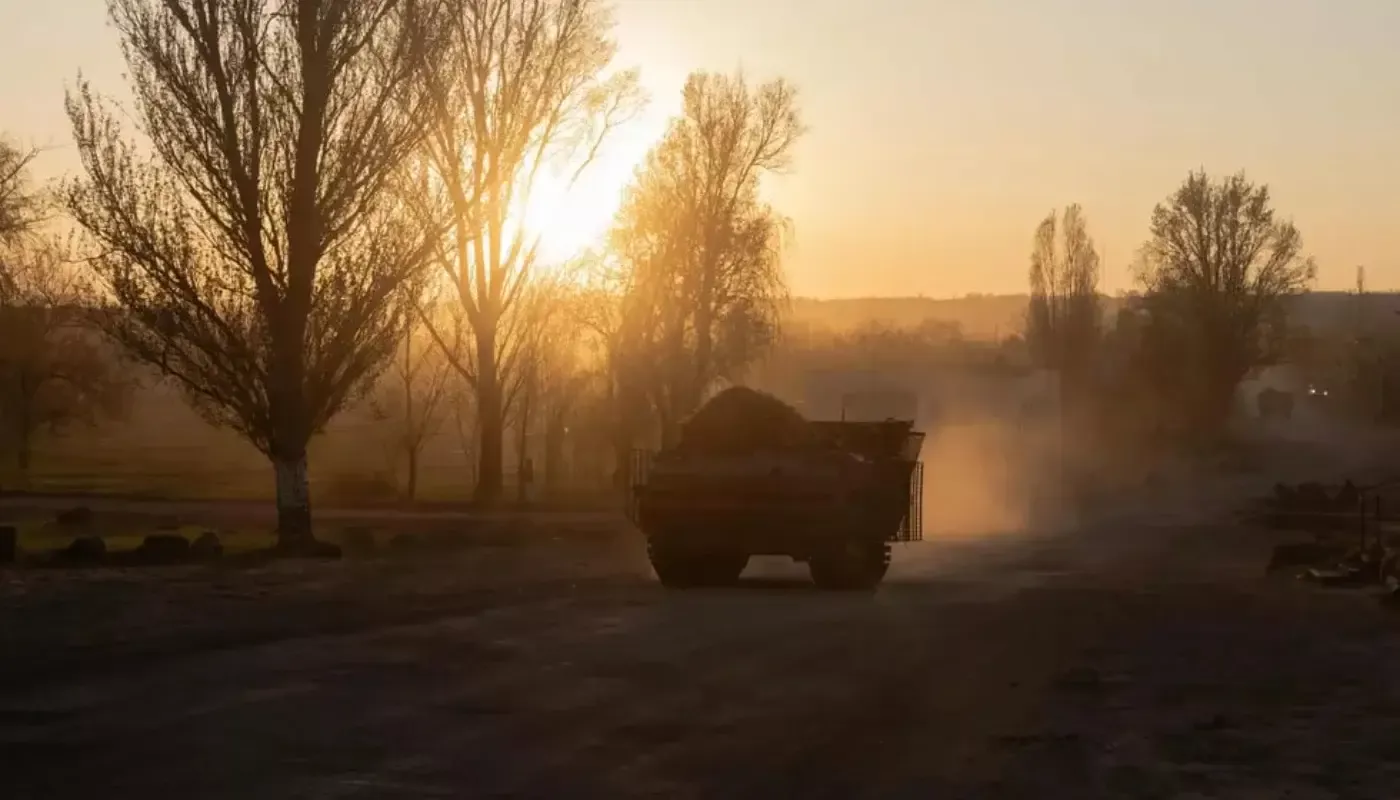
Roman Pilipey / AFP / Scanpix / LETA
The Russian side announced the initial accusations of the violation of the Easter truce, which was published on April 19, on April 20 in the afternoon. The Russian Ministry of Defense stated that the Ukrainian armed forces attempted to attack in the Sukhaya Balka and Bogatir districts of the Donetsk region. Additionally, the Russian military agency emphasized that Ukrainian soldiers fired at the positions of the RF armed forces 444 times and struck with drones 900 times, resulting in "casualties and injuries among the civilian population".
At the same time, the ministry highlighted that all groups of Russian troops strictly adhered to the "ceasefire regime" starting from 18:00 on April 19 in the "special military operation zone" and remained in the previously occupied positions.
On April 19, around 23:00, the governor of the Kherson region appointed by Russia (only part of the region is under Russian military control) Vladimir Saldo also accused the Ukrainian armed forces of launching strikes during the truce. According to him, starting from 18:00 (i.e., since the truce announced by Putin began), drone attacks were recorded in Aleshka, Golaya Pristan, and Kakhovka. "At the same time, it is important to state directly: calmness prevails in several areas, there are no shootings," Saldo noted.
Furthermore, on the morning of April 20, the TASS agency reported, citing operational services, that at least three explosions occurred in Donetsk city as a result of strikes.
Ukraine
Volodymyr Zelensky stated in response to the truce announced by Putin that if Russia is indeed "ready for a complete and unconditional ceasefire format," Ukraine will act in the form of "calm in response to calm, strikes to defend against strikes." Additionally, he proposed extending the full ceasefire for another 30 days if it is genuinely established. "This shows Russia's true intentions, as 30 hours is enough for headlines but not for measures to strengthen real confidence," Zelensky added.
According to a Ukrainian source from the BBC, the Ukrainian armed forces received an order to cease fire on Russian positions and document violations, and to return fire if necessary, just a few minutes after the Easter truce announced by Putin began on the evening of April 19 (this order was also confirmed by a CNN source).
In the following hours, Zelensky presented three reports from the commander of the Ukrainian armed forces Oleksandr Syrskiy regarding violations – as of 22:00 on April 19, as well as at 6:00 and 12:00 on April 20. According to the Ukrainian president, Russian troops continued to fire, use drones, and conduct military operations, and the "Easter statements of Putin" were not observed at all in the Kursk and Belgorod regions. Specifically, from 18:00 on April 19 to midnight, the Russian army fired 387 times and recorded 19 attack actions, as well as used 290 drones, Zelensky said. He later clarified that by noon, the Russian army had already carried out 26 attack actions.
"We will record every violation of the promise of complete silence during the Easter holiday by Russia and are ready to provide relevant information to partners. Either Putin does not fully control his army, or this situation proves that there is no real intention to end the war in Russia and they only need beneficial media PR. Fortunately, at least there were no air alerts," Zelensky wrote.
Global Reaction
Analysts interviewed by The Wall Street Journal say that the short-term ceasefire proposal is an "easy diplomatic victory" for Putin and consider it an attempt to prevent the American side from withdrawing from negotiations. "If this is for a very short period, it poses no risk, but it serves to present him [Putin] as a person who genuinely desires peace," says Tatyana Stanova, a senior researcher at the Carnegie Center in Berlin focusing on Russia and Eurasia.
Alexander Baunov, a senior researcher at the Carnegie Center in Berlin, emphasizes that Russia announced the truce in the "Kremlin's favorite modality of a secretly prepared special operation." This truce idea was not mentioned in any of Putin's public speeches and "being one-sided should have turned Russia into the most peaceful side of the war," he writes.
According to Baunov, after the threats from the American side regarding withdrawal from the negotiation process, Putin has "not yet made a clear decision on whether to remain without Trump or to continue attempts to use him for his interests," and the truce allows him to "delay the resolution of the issue."
In Europe, Putin's statements regarding the Easter truce were met with "caution," according to Reuters. "First, we need to see the actual cessation of [Russian] aggression and concrete actions for a long-term ceasefire," said European Commission spokesperson Anita Hipper, adding that Russia could stop the war at any time if it "truly wanted to."
Similar news
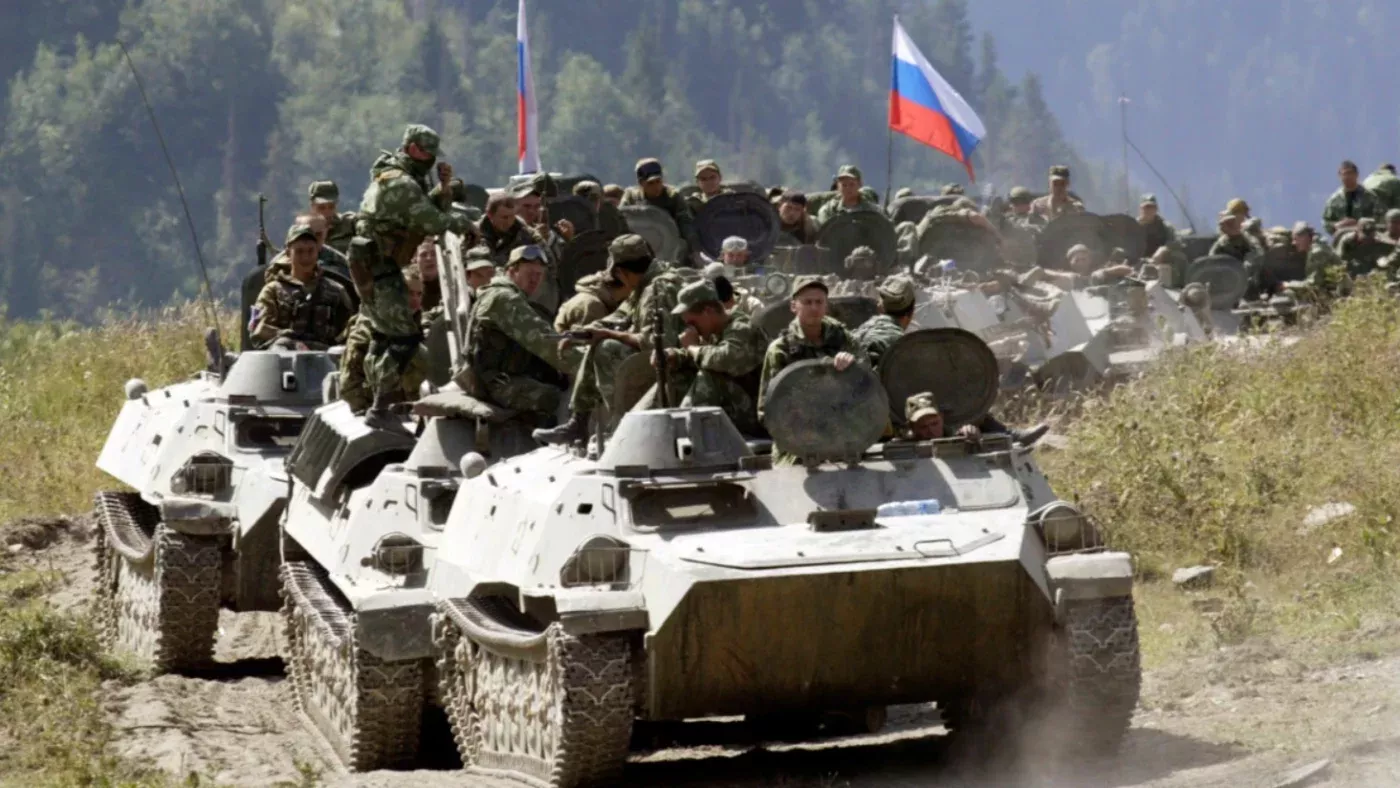
Rossiya Ukraina janubini nega bu qadar tez ishg‘ol qilgandi?
2022 yil 24 fevral kuni ertalab soat 4 larda Rossiya armiyasi Ukraina hududiga hujum boshlagandi. Yurish bir vaqtning o‘zida bir necha yo‘nalishda: janub, sharq va shimoldan olib boriladi. Biroq,
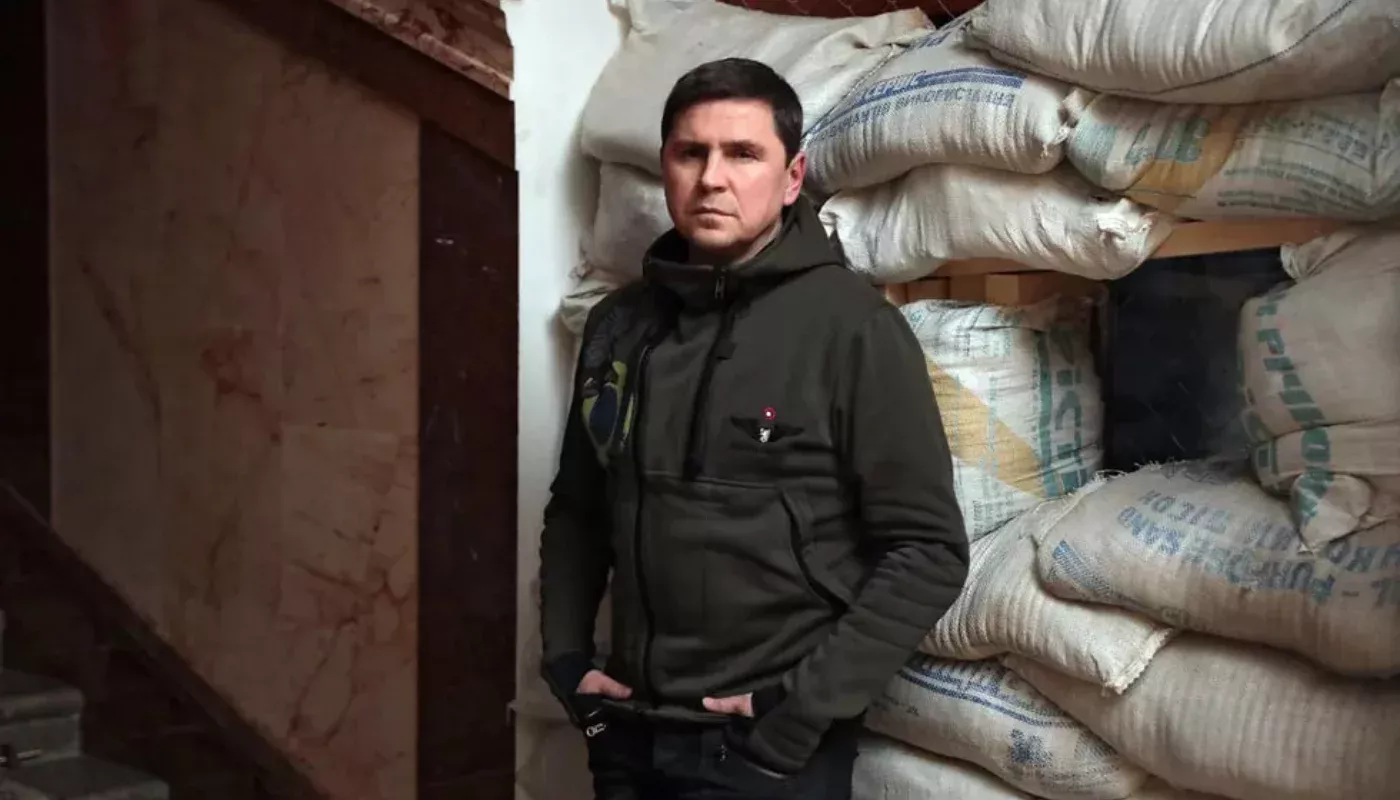
Mixaylo Podolyak: «Aslida, normal va qulay muzokara jarayoni ketmoqda»
Hennadii Minchenko / Ukrinform / Future Publishing / Getty Images AQSH prezidenti Donald Tramp 2025 yil 20 yanvarda bo‘lib o‘tgan inauguratsiyasidan so‘ng, darhol Putin bilan uchrashish niyati
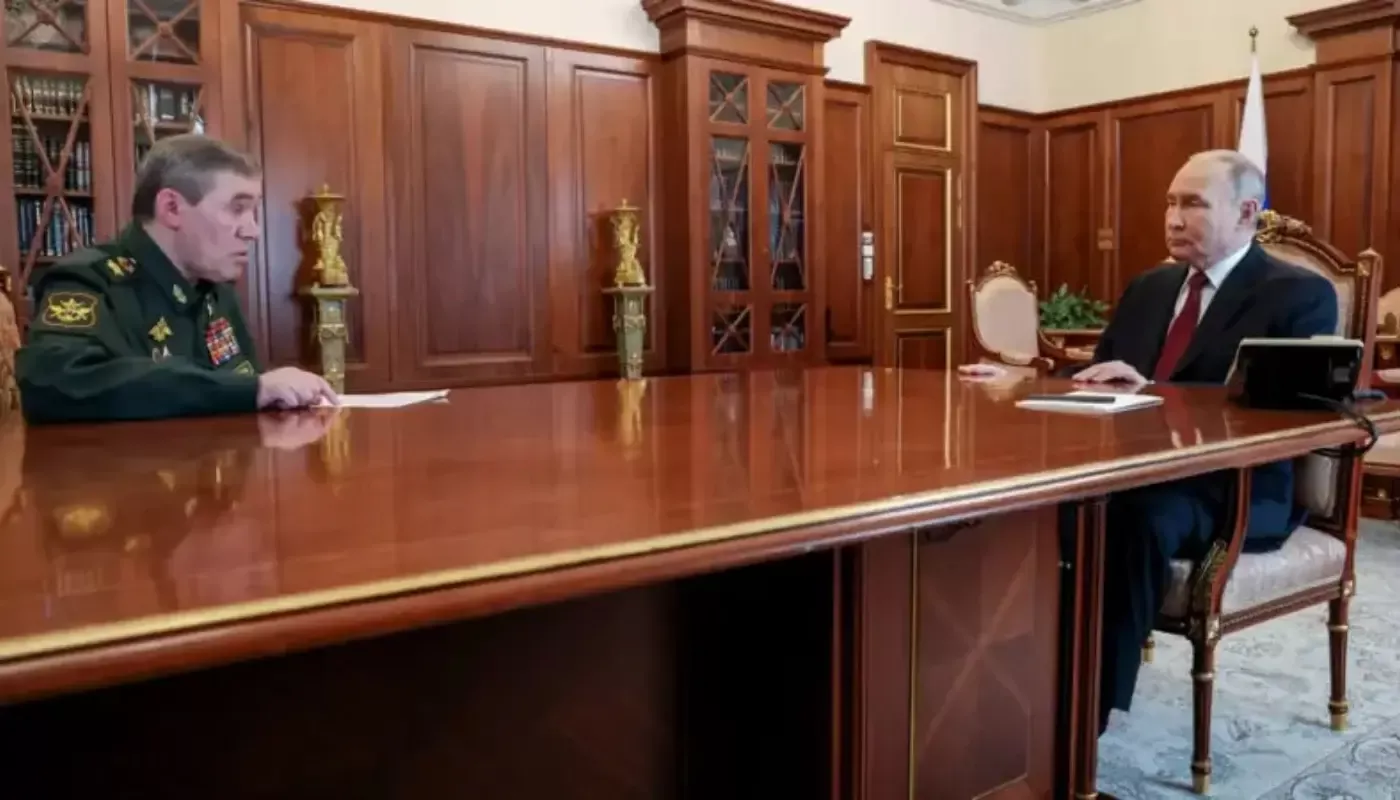
Putinning «Pasxa sulhi» haqida nima deyishmoqda?
Ukraina rahbariyati va G‘arb ekspertlari Rossiya prezidenti Vladimir Putinning bir kun avval Pasxa bayrami munosabati bilan 30 soatlik sulh e’lon qilish niyati samimiyligiga ishonmayapti. Ularning
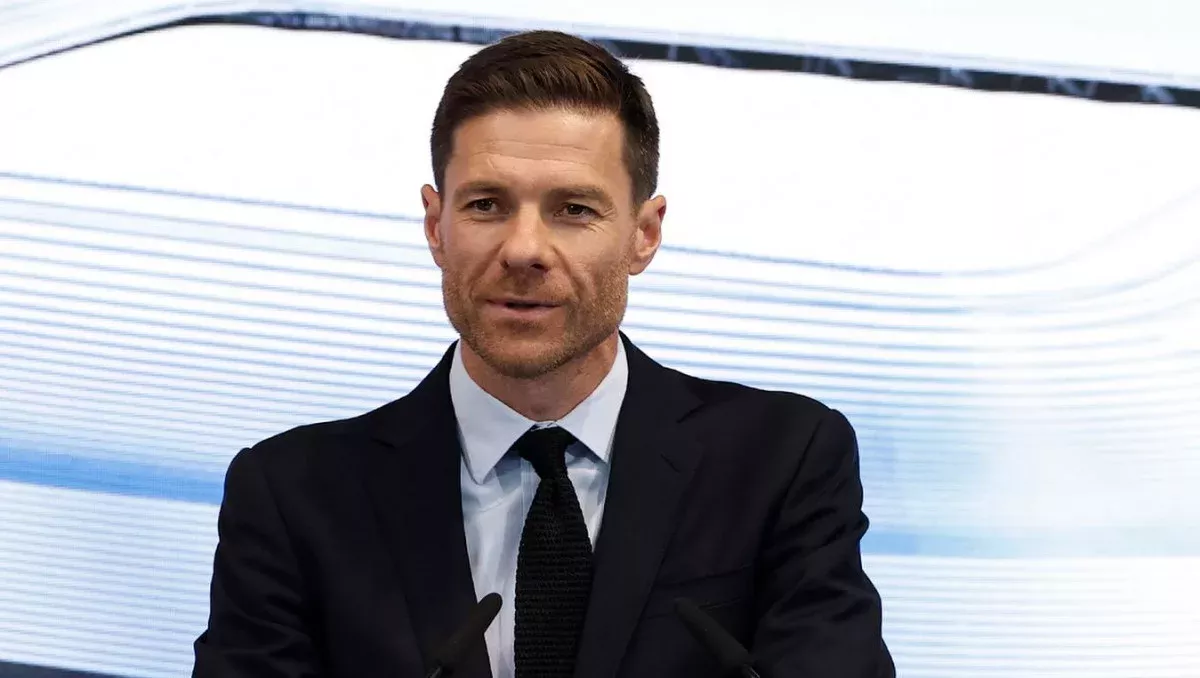
Habi Alonso «Real»da. Endi kim o‘zgaradi – klubmi yoki murabbiy?
Klub yangi murabbiy uchun kerakli futbolchilarni olib beradimi? Murabbiy Leverkuzenda ish bergan uslublarini Madridda qo‘llashda davom etadimi? Madridning «Real» klubi Habi Alonso bilan kelishuvni
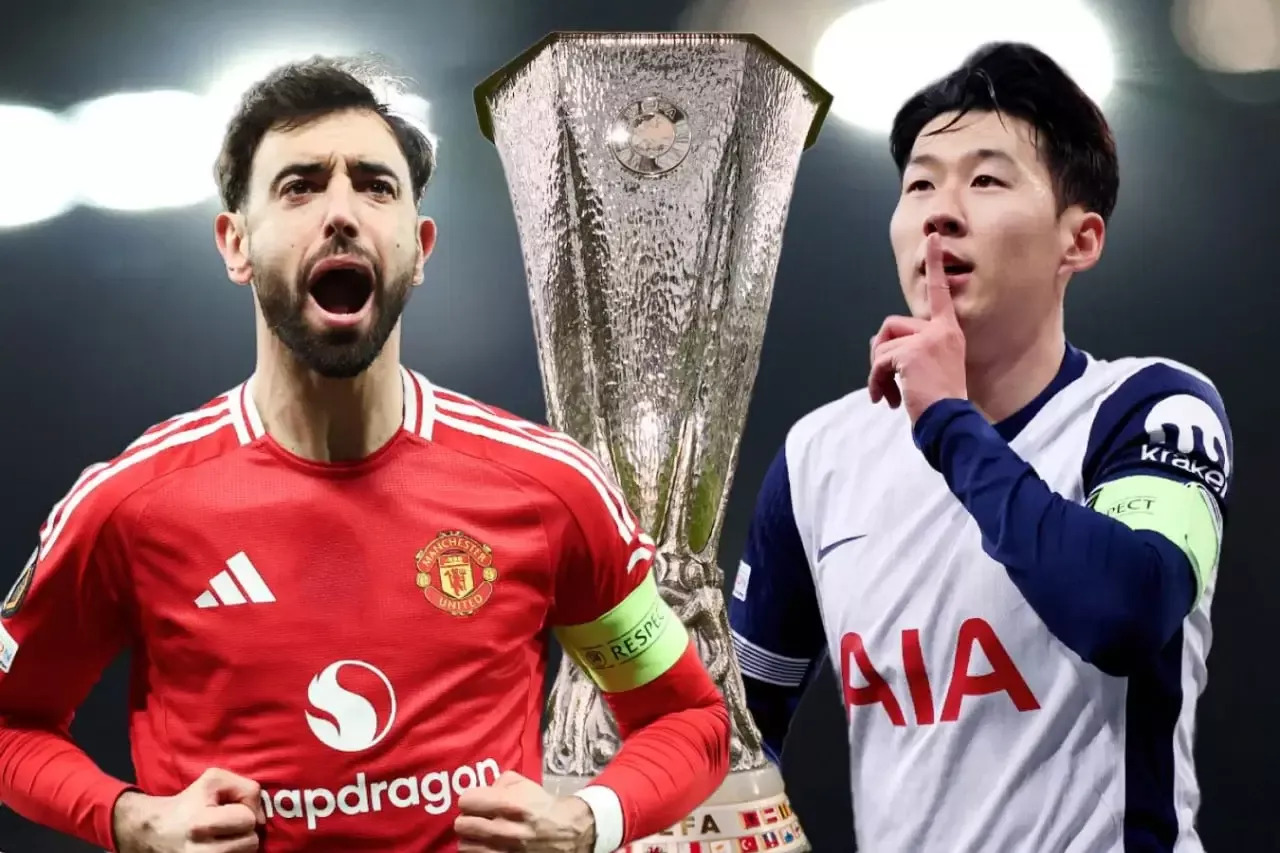
«Manchester Yunayted» yoki «Tottenhem»: Yevropa Ligasi kubogi kimga ko‘proq kerak?
Bugun, 21 may kuni Bilbaoda Yevropa Ligasi finali bo‘lib o‘tadi. Angliyaning ikki jamoasi – «Manchester Yunayted» va «Tottenhem» nufuz jihatidan ikkinchi o‘rinda turadigan yevrokubok uchun o‘zaro

